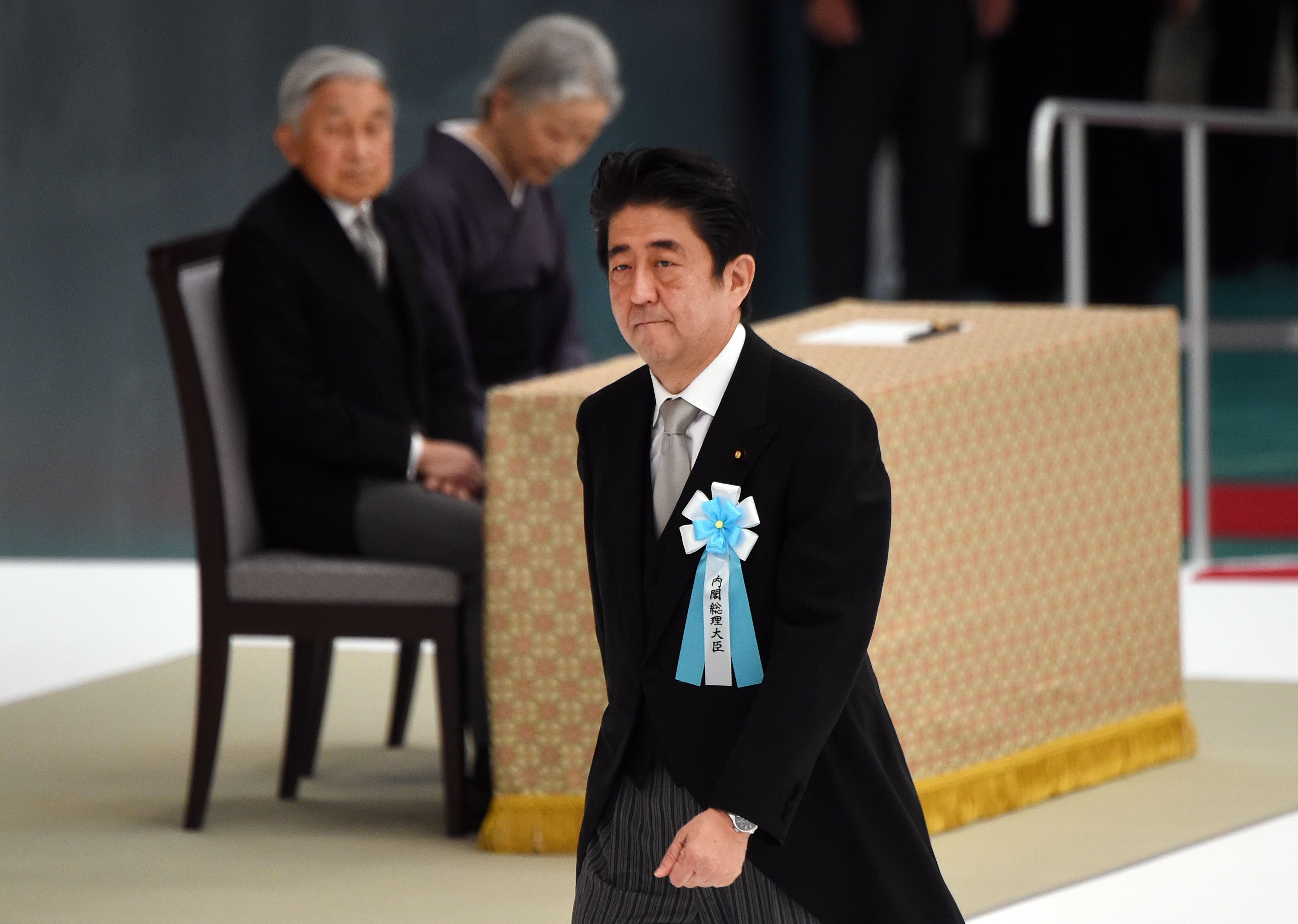The Abe statement, approved by the Cabinet on Aug. 14, has elevated a myopic and exonerating revisionist narrative of history to Japan's official policy.
The vague and ambiguous references to past misdeeds, the inadequate recognition of Japanese aggression and the horrors inflicted, the minimalist nods toward contrition and putting an end to apology are now state policy. This is a major watershed in Japan's postwar history that digs a deep diplomatic hole and tarnishes the nation's significant and praiseworthy achievements of the past seven decades. Ironically, given Prime Minister Shinzo Abe's intention of making a statement focused on the future, his slippery circumlocutions about history have only heightened scrutiny of Japan's wartime past and current perpetrator's fatigue.
There was a very interesting contrast in the 70th anniversary commemoration statements by Abe and Emperor Akihito that highlights the ongoing political divide between the revisionists and the understanding of most Japanese about how the nation got to where it is today. Citing the deaths of more than 3 million Japanese during World War II, and the deprivation that prevailed, Abe asserted: "The peace we enjoy today exists only upon such precious sacrifices. And therein lies the origin of postwar Japan."



















With your current subscription plan you can comment on stories. However, before writing your first comment, please create a display name in the Profile section of your subscriber account page.